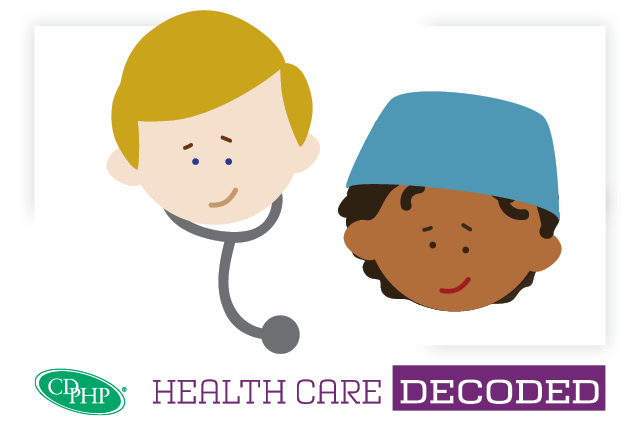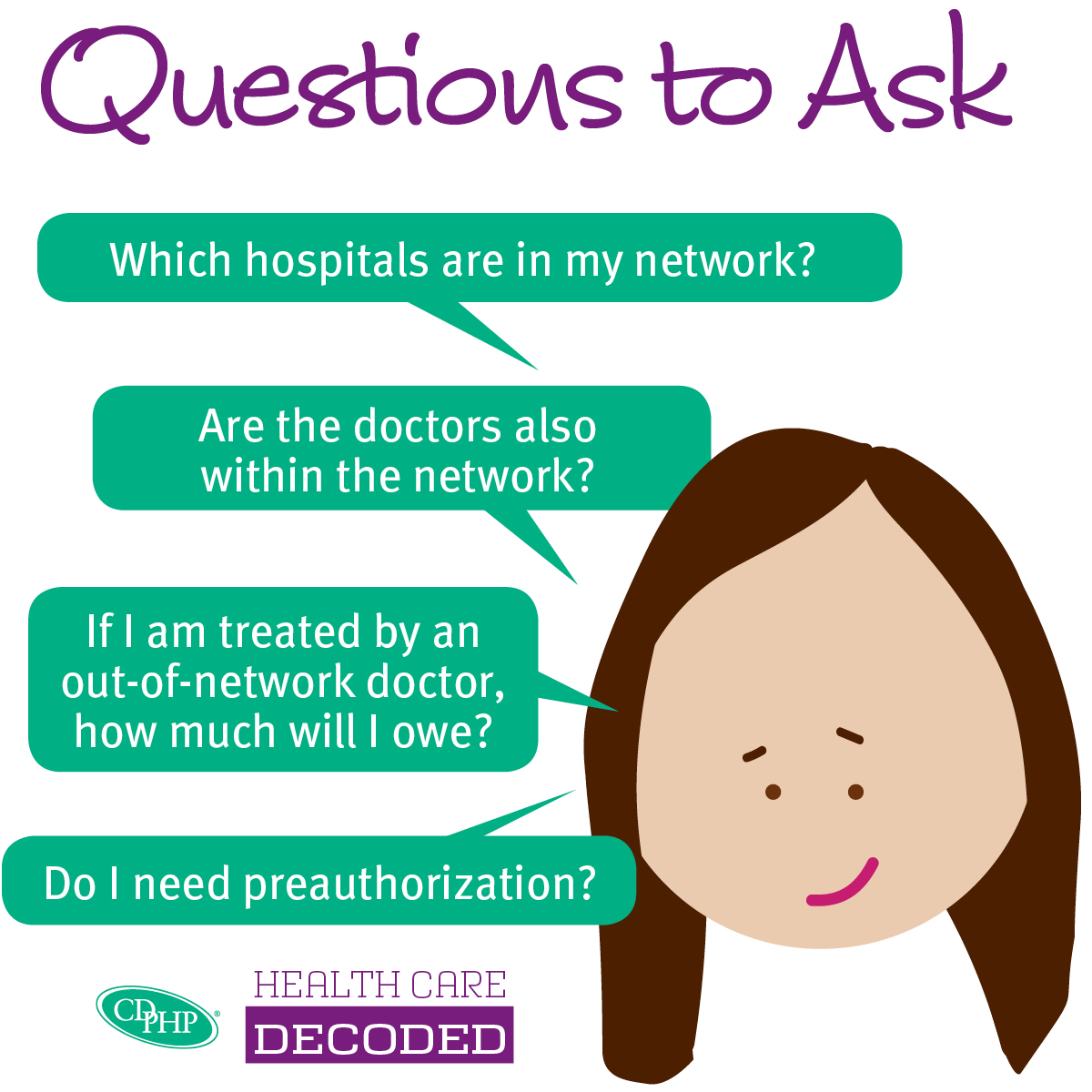Comparing Hospital Quality, Experience, Outcomes and Cost

Almost everyone requires treatment in a hospital at one time or another. However, not all hospitals are created equal, which is why it’s important that you, as a health care consumer, know how to compare hospital quality, experience, outcomes, and cost. We can help by giving you the resources to make the best decisions for you. It’s all part of Health Care Decoded, our mission to help make health care easier to understand.
As a patient, you also want to get the best quality care from the best-trained staff at the lowest possible cost. How do you know which hospital is the top choice for your medical care? You can find this information on a variety of sites, including Consumer Reports (subscription required), which bases its ratings on the following measures:
- Patient experience
- Patient outcomes
- Hospital practices
- Safety score
- Adverse events in surgical patients
The Leapfrog Group also released the results of its latest hospital survey, which compares hospitals and assigns a safety score to each one. The A, B, C, D, or F score is based on each hospital’s ability to prevent errors, injuries, and infections.
So, how much will this cost?
If you’ve had traditional health insurance coverage, you might not be accustomed to worrying about hospital cost when you head in for a procedure or treatment. However, now that more patients are moving to high-deductible plans, cost is becoming a key factor. That’s why the federal Centers for Medicare & Medicaid Services created a database that allows the consumer to compare the cost of a specific procedure among different hospitals in a geographic area. While the intent was to make it easier for Medicare and Medicaid patients to find the most cost-effective treatment, it’s a good tool for anyone who simply wants to see if they’re getting the most bang for their buck. Another option is OpsCost.com, which enables you to search government data and user-reported bills from more than 3,300 hospitals nationwide.
If you are planning to be hospitalized for surgery or another treatment, of course you want to choose the hospital that has the best specialists and equipment for your specific situation. To minimize your out-of-pocket costs, ask the following questions:
- Which hospitals are in my plan’s network? Are the doctors who will most likely treat me also be within the network?
- If I receive treatment from an out-of-network provider, how much will I owe?
- Do my procedures require preauthorization?
How do I find the information I need to make the right decision?
In addition to the Consumer Reports hospital rankings, NCQA’s Physician and Hospital Quality Certification program, Medicare Hospital Compare, and U.S. News & World Reports Best Hospitals are also good resources for finding quality hospitals. For a breakdown of how our health care dollars are spent, as well as tips for getting the best care for your money, check out this post from CDPHP® President and CEO Dr. John Bennett.
Your health is one of your biggest assets, and it’s worth protecting at any cost. However, we understand that no one wants to be buried under medical expenses. That’s why CDPHP is committed to giving you tools to understand health care, helping you access top-quality care and provides an extensive provider network so you can make informed decisions.
 The Daily Dose
The Daily Dose

Comments are closed.